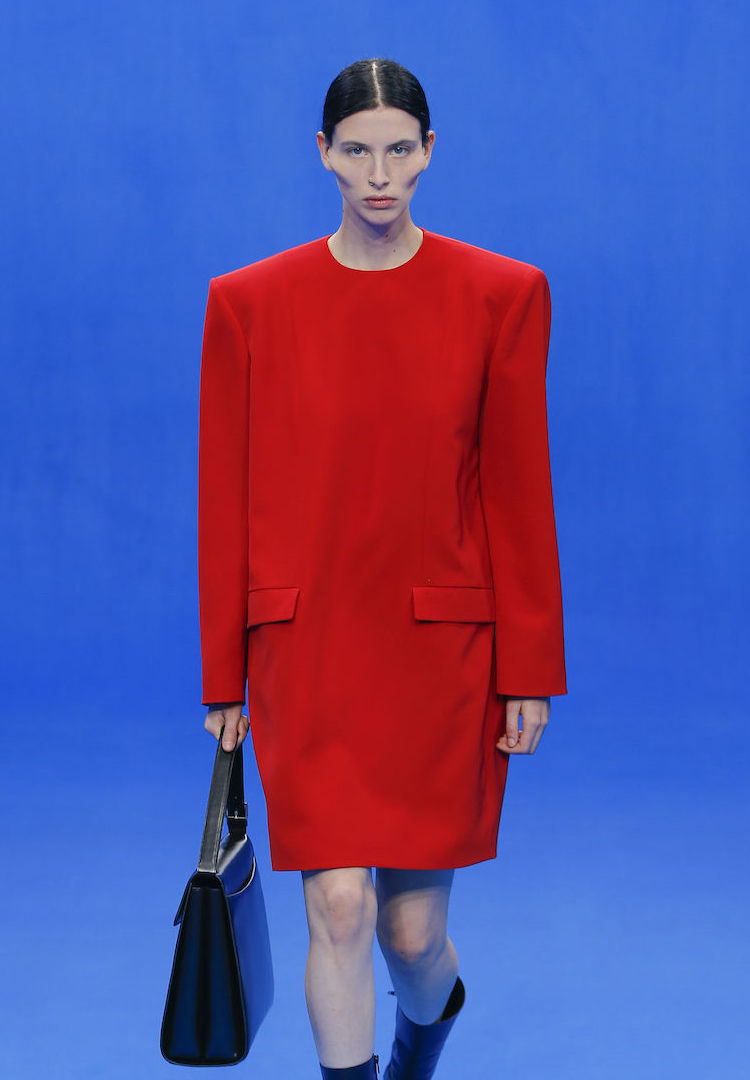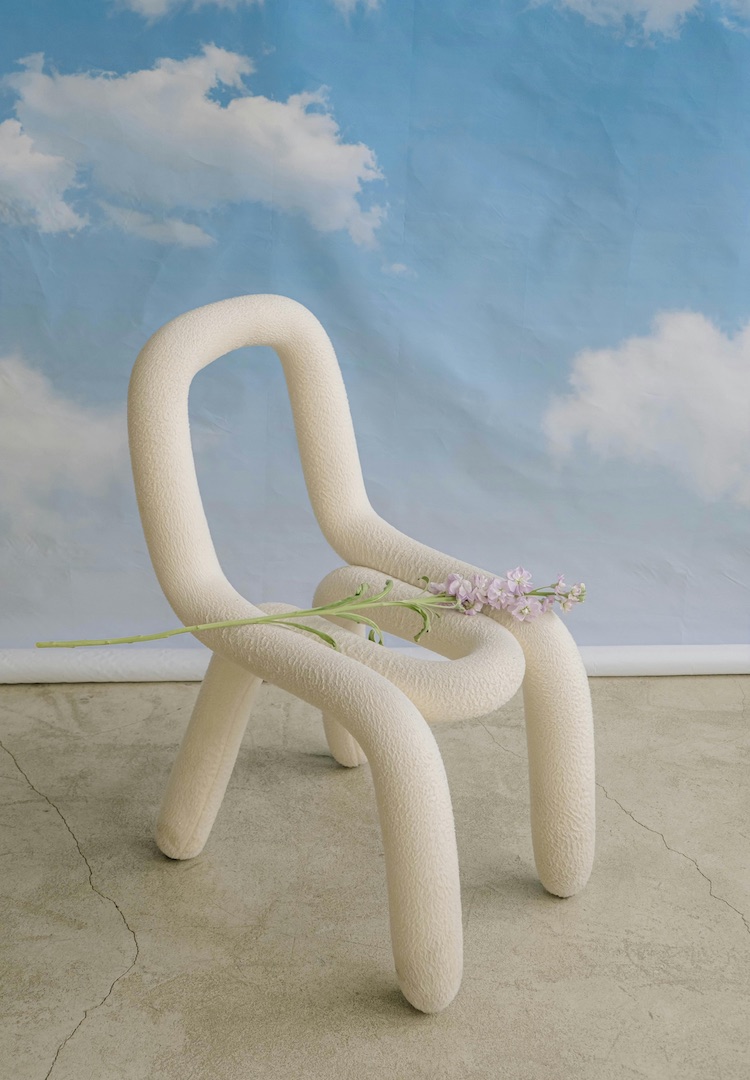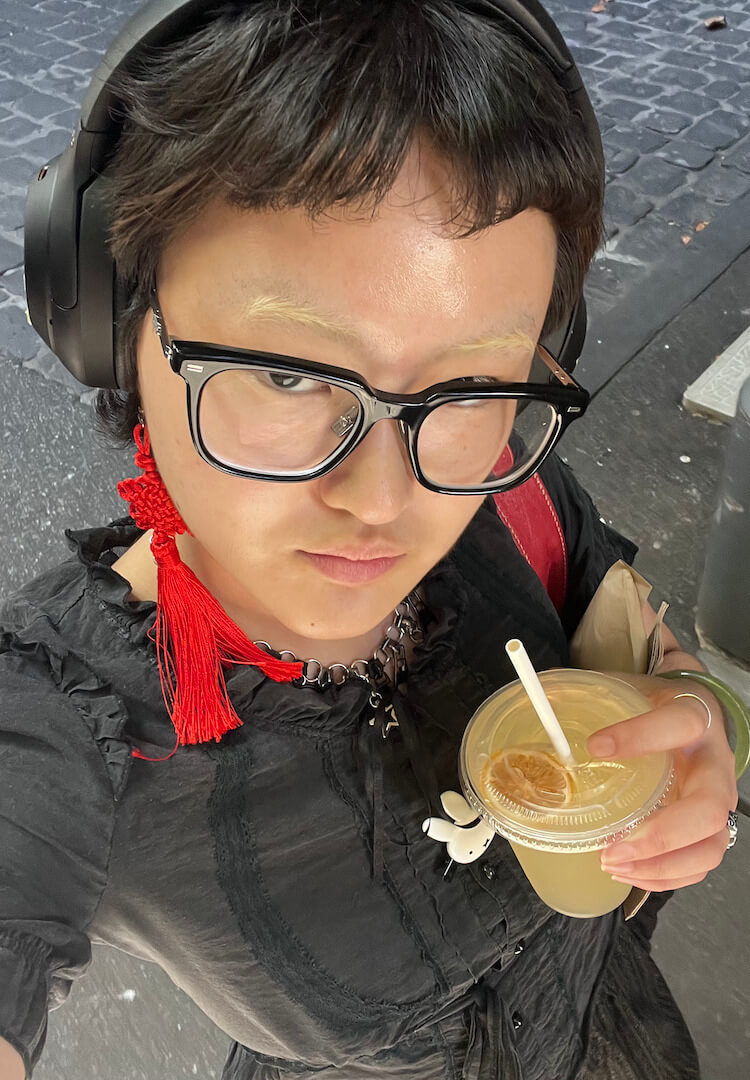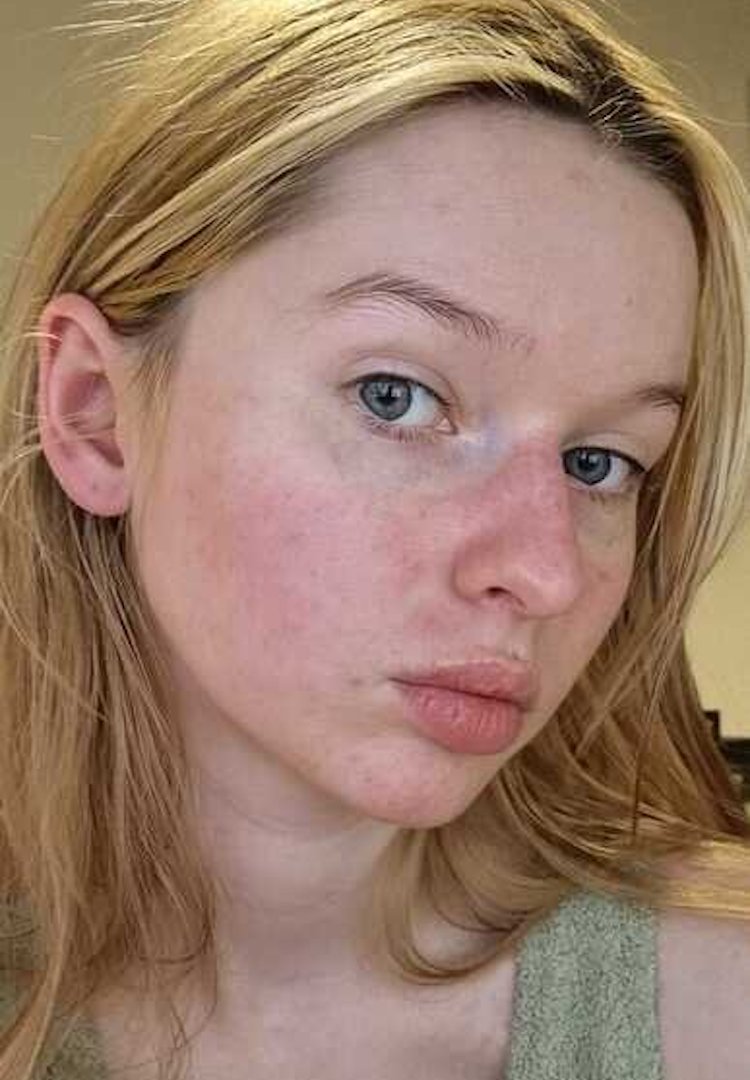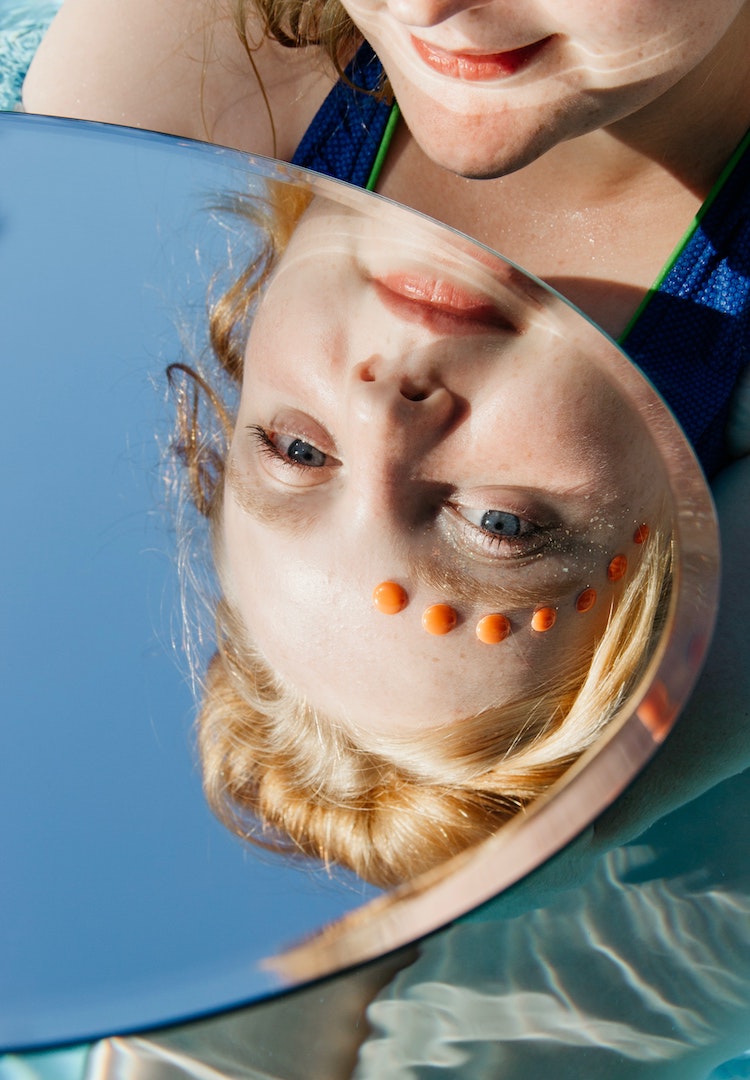The disturbing rise in an obsession with ‘Instagram face’
Image via Balenciaga
Words by Bianca O’Neill
A look at the relationship between ‘Snapchat Dysmorphia’ and mental health.
In the last few weeks we’ve heard a lot about Instagram’s ban on so-called ‘plastic surgery filters’ – the kind of filters that adjust your nose and lips in real time, rendering your normal, natural face into the kind of influencer-fuelled selfie that 1,000 likes are made of.
The creators of the AR program that powers the new filters cited mental health reasons for the ban. But, to be honest, these filters are a mere drop in the ocean compared to the extensive selection of apps on offer for those who wish to ‘fix’ themselves for their social media audience.
Even without the filters, Instagram and other social networks can present a toxic atmosphere that affects our mental health. It’s making us so unhappy, that recent studies have quantified the symptoms of so-called ‘Snapchat Dysmorphia’, a condition that renders the user unable to appreciate their normal self, due to the constantly filtered self-image they see on social media.
Even just opening the Instagram app does us harm, with the Psychology of Popular Media Culture journal recently noting that, “the frequency of Instagram use is correlated with depressive symptoms, self-esteem, general and physical appearance anxiety, and body dissatisfaction.”
We are entering an age of digital culture fuelled simultaneously by identity politics and vanity. One where selfies and intensely visual representations of femininity are bombarding us with images of seemingly flawless faces attached to seemingly perfect lives. These images invade our private spaces – our quiet moments when we are at our most vulnerable. More than that, they are pervading our physical spaces too, with Balenciaga including prosthetics that mirror these filters in a recent runway (see pictured).
Instagram filters and ‘fix me’ apps are teaching women to train our gaze on ourselves rather than others (like a photoshopped model in a magazine, or a heavily made-up actress in a movie), and to obsess over how we present ourselves to the digital audience we have accumulated. Now everyone must be perfect every moment of their waking lives, not just public figures or those donning the covers of fashion magazines.
So, what happens to our self-perception when we wake up in the morning and look in our non-filtered bathroom mirror?
“These practices treat the female body and face as objects to be surveyed and evaluated in evermore forensic ways,” says Mary McGill, a doctoral scholar who researches feminism in digital culture. “All beauty apps act on the presumption that our bodies require perfecting; ergo, they are automatically defective.”
Even the placement of the words “fix me” on the now-banned Instagram filter is an example of the pervasive intrusion into our image-obsessed psyche. So much so that plastic surgery is on the rise, with an increasing number of young women asking for ‘subtle’ selfie-inspired adjustments at a worrying rate.
In 2017, a report from the American Academy of Facial Plastic and Reconstructive Surgery cited 55 per cent of surgeons were being approached for facial surgery based on “selfie-taking” as a reason for the request, while a Current Psychology research paper found that women aged 18 to 29 were more likely to seek plastic surgery solutions “if they spent a significant amount of time on social media.”
It’s clear that social media is fuelling our dissatisfaction with our physical appearance more than ever – and the effect is insidious. These rampant, ‘subtle’ plastic surgery tweaks not only skew our perceptions of what is natural and normal, they also provide a culture where physical appearance trumps all other traits. It’s a dangerous descent for women in particular, who are still struggling to fight outdated patriarchal expectations of idealised womanhood.
Facebook recently told Forbes: “We strive to make Instagram a place where people can feel empowered, inspired and comfortable to express themselves. We see many people using Instagram to build communities of support, including beauty, where diverse and creative content brings people together.”
And therein lies the eternal irony of social media apps: they can be places that fuel our worst self-criticisms and most toxic self-perceptions – or they can be a place where we come together in celebration of diversity, of normal bodies and flawed but beautiful faces.
All it comes down to is who you choose to follow – and that’s something that, in the end, we all have to take personal responsibility for.
Follow Bianca’s fairly filter-free fashion commentary over on Instagram at @bianca.oneill.


